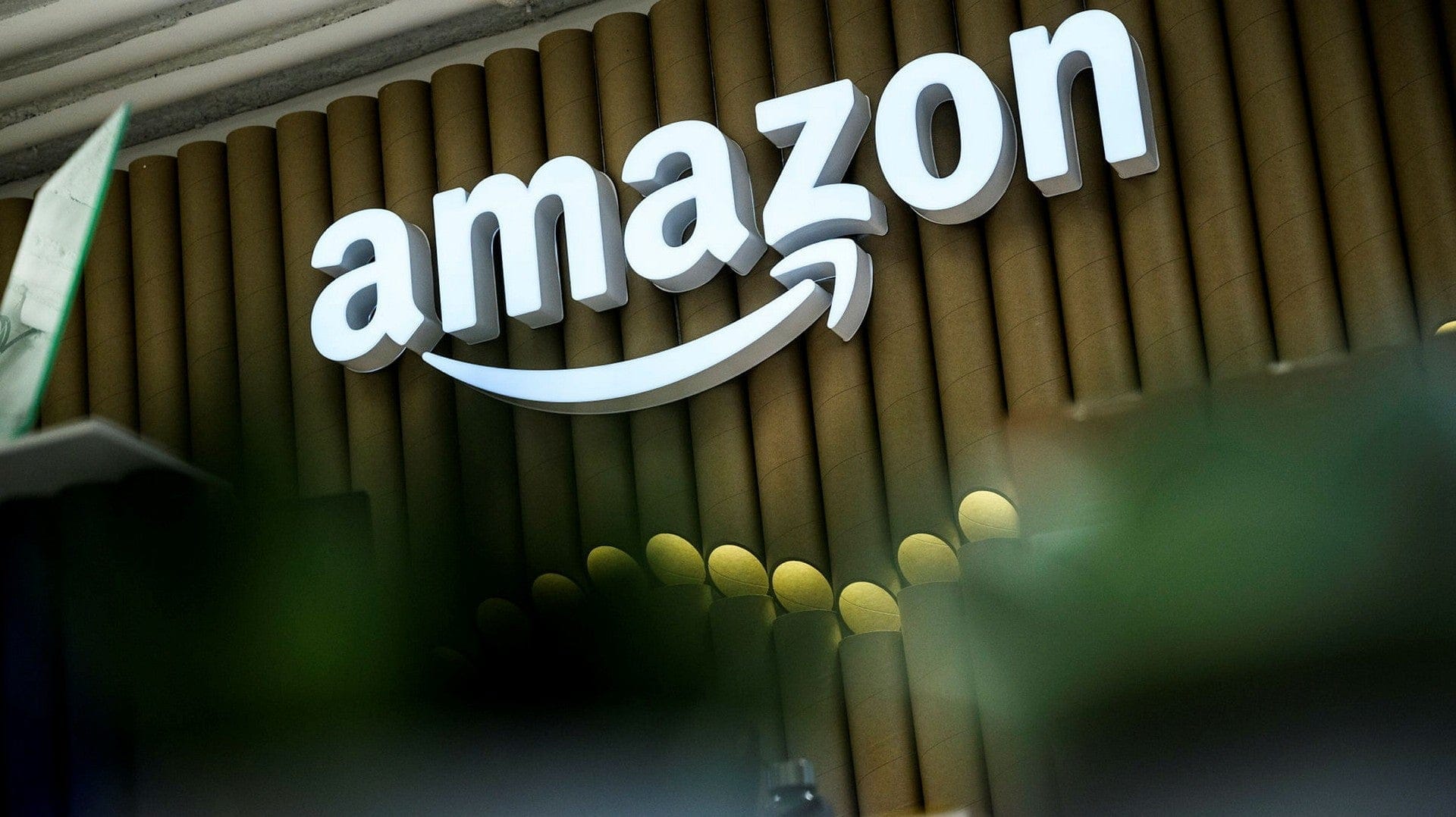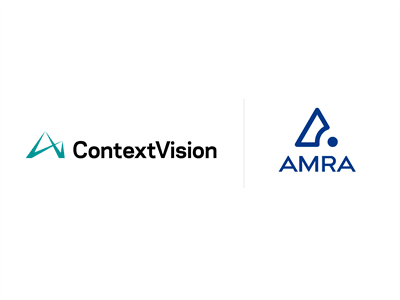AI Planned to Replace Amazon Staff
New Study at Leading Hospital Could Pave the Way for More Effective Cancer Treatment
Updated: June 12, 2025, 09:59 Published: June 4, 2025, 15:33
Biotech company Isofol is currently conducting a clinical Phase Ib/II study at one of Europe’s leading cancer hospitals. The ambition is to increase the effectiveness of standard treatment for several severe forms of cancer. With an optimized dosage regimen, the study will compare the company’s drug candidate with standard treatment already in Phase II.
– This means that the study results can be very valuable and a good basis for potential partnering dialogues, says CEO Petter Segelman Lindqvist.
After lung cancer and breast cancer, colorectal cancer is the third most common form of cancer in the world and the second most common cancer-related cause of death, according to the World Health Organization. At the same time, the prognosis for those affected by metastatic colorectal cancer is bleak: the five-year survival rate is only around 14 percent.
– It is obvious that there is a great need for new drugs, says Petter Segelman Lindqvist. He is the CEO of the research-based biotech company Isofol, which is developing a drug candidate – arfolitixorin – that aims to increase the effectiveness of the standard treatment that the majority of patients receive for several different severe forms of cancer.
The initial focus is on the treatment of metastatic colorectal cancer.
– The market is worth six billion dollars annually, and we see a gross sales potential for our product at blockbuster level, that is, one billion dollars per year in the USA alone. In the long term, the potential is greater than that, if you include more geographical regions and more indications, says Petter Segelman Lindqvist, who joined as CEO at the beginning of 2024 and previously held a number of leading positions in both Swedish and international pharmaceutical companies.
Isofol is currently conducting a clinical Phase Ib/II study at the German university hospital Charité – Universitätsmedizin Berlin. In March, the company received approval from the German Medicines Agency to initiate the study with arfolitixorin, and in April the first patient was included.
– It is an important milestone. Our ultimate goal is to show superior efficacy compared to today’s folate drugs. This Phase Ib/II study is based on a solid data base that is based on previously conducted studies and is conducted with a new dosage regimen that is expected to lead to a significantly higher effect than we have seen before, says Petter Segelman Lindqvist.
In Phase II, which will start in 2026, an expansion to a broader patient population and more clinics is planned. Including Japan, where the study is financed by Isofol’s development and commercialization partner Solasia Pharma K.K. In total, Solasia intends to invest SEK 140 million in Phase II and III studies as well as regulatory applications in the country.
– It is a sign of strength, he says.
Isofol also has a license agreement with Paladin Labs to commercialize arfolitixorin in Canada. And the company has been granted discussions with the US Food and Drug Administration (FDA) about studies and regulatory processes in the USA.
In June, Isofol is carrying out a rights issue of SEK 85 million, which is fully guaranteed. The purpose is, among other things, to expand the Phase II study, which is expected to start in 2026.
– We have a solid study design that is designed in collaboration with world-leading oncologists and researchers and will already in Phase II be able to compare the effect of our drug candidate with today’s standard treatment. This means that the study results can be very valuable and a good basis for potential partnering dialogues, says Petter Segelman Lindqvist.
What happens next?
– Our primary focus now is to carry out the Phase Ib/II study as quickly and efficiently as possible. During 2025, Phase Ib will be carried out and then we will be able to continuously release information to the market about how the study is progressing. We are moving methodically towards our goal: to improve the prognosis for millions of people with cancer.
Disclaimer: Remember that investments can both increase and decrease in value and that investors can lose the invested capital. Historical return is no guarantee of future return.
This article was produced in collaboration with Isofol.
Enjoyed this post by Thibault Helle? Subscribe for more insights and updates straight from the source.







